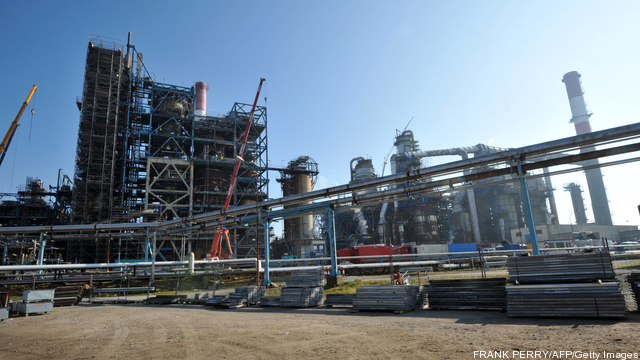
A Boston startup has turned into a leading building performance analytics provider in recent years as it has helped property owners save significant sums by monitoring their utility data. The company, called WegoWise, now says it has the “largest database of utility in multifamily buildings,” and is extending its platform to cover commercial property as well.
One of their first commercial property customers is Liberty Property Trust, a $7 billion REIT currently using WegoWise to track utility usage over 2.9 million square feet of its portfolio, and is rolling out usage across its 81 million square feet of property. Keep reading →









